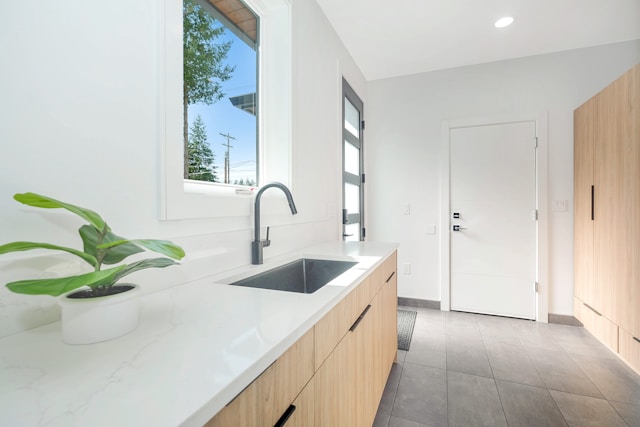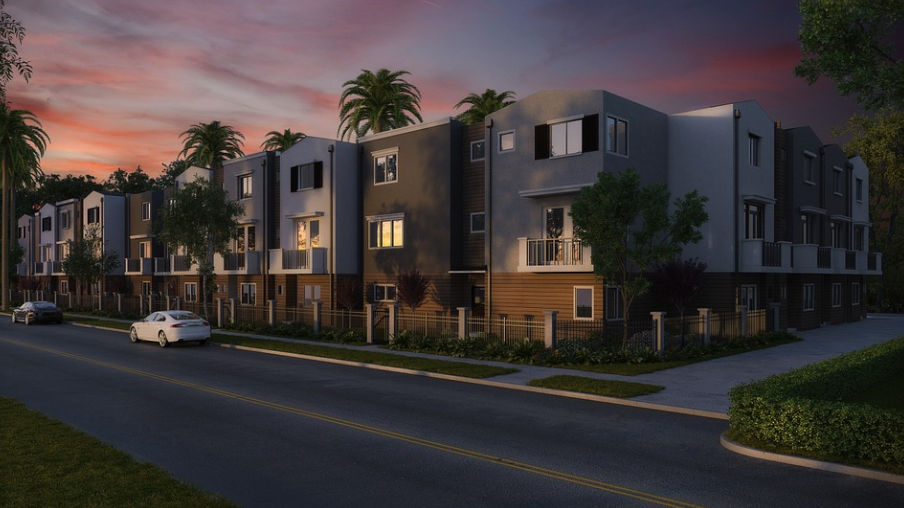Renting vs. Owning a Condo in Canada: What Makes Financial Sense?
Deciding whether to rent or own a condo in Canada can be a big decision. Both options come with unique financial considerations, and the right choice depends on your personal situation, lifestyle, and long-term goals. If you’re wondering which option makes the most financial sense for you, here’s a friendly guide to help break down the pros and cons of acquiring presale condos in Oshawa.
Benefits of Renting a Condo
Flexibility
Renting a condo offers a level of flexibility that homeownership can’t match. If you’re unsure about your long-term plans, whether it’s your job, city, or lifestyle, renting allows you to move with relative ease when your lease is up. This flexibility can be a huge advantage if you like the idea of living in different neighborhoods or cities without being tied to a mortgage.
Lower Upfront Costs
One of the biggest advantages of renting is that it requires much less money upfront. While you’ll need to put down a security deposit, it’s significantly less than the down payment you’d need to purchase a condo (which can be between 5% and 20% of the purchase price). This makes renting a more accessible option, especially for those just starting their careers or saving for other financial goals.
No Maintenance Responsibilities
When you rent, you aren’t responsible for repairs or maintenance. Leaky faucet? Broken appliance? That’s the landlord’s responsibility. This can save you time, effort, and unexpected costs, which can add up quickly when you own a property. Renters can enjoy the amenities of a condo without worrying about the upkeep.
Predictable Monthly Expenses
Renters typically only have to worry about rent, utilities, and renter’s insurance, making budgeting easier and more predictable. In contrast, homeowners may face unpredictable costs for repairs, maintenance, and fluctuating property taxes, which can make managing monthly expenses more challenging.
kitchen room
Downsides of Renting a Condo
No Equity Building
When you rent, your monthly payments go to your landlord, meaning you’re not building any equity. Over the years, the money you pay in rent doesn’t contribute to long-term financial assets. This is often considered one of the biggest downsides of renting, especially if you plan to stay in one place for a while.
Rent Increases
In many Canadian cities, rent prices have been steadily increasing, especially in major urban centers like Toronto and Vancouver. While rent controls exist in some provinces, landlords can still raise rent over time. This means your housing costs could increase, potentially putting a strain on your budget.
Limited Control Over Your Space
As a renter, you have less control over the property. Want to paint the walls or renovate the kitchen? You’ll likely need to get your landlord’s approval, which can limit your ability to personalize your living space.
Downsides of Owning a Condo
Higher Upfront Costs
Purchasing a condo involves a substantial upfront financial commitment. You’ll need to save for a down payment, closing costs, and additional expenses such as property taxes, legal fees, and home inspections. This can make condo ownership more difficult for some, particularly in high-cost real estate markets.
Maintenance and Repair Costs
As a homeowner, you’re responsible for all repairs and maintenance inside your unit. While condo fees cover common areas and building upkeep, issues within your own space, like a broken appliance or plumbing problem, are yours to fix. These unexpected costs can add up over time.

What Makes Financial Sense?
The decision to rent or own ultimately depends on your financial situation, lifestyle, and long-term goals. Here are a few key questions to ask yourself:
- How long do you plan to stay in the condo? If you’re planning to stay for a short time (less than 5 years), renting might make more financial sense since buying and selling come with additional costs. However, if you plan to stay for a longer period, owning may be the better option as you build equity.
- What’s your financial position? If you have enough savings for a down payment and can afford the ongoing costs of homeownership, buying a condo can be a great investment. If not, renting may be the more financially viable option until you’re ready.
- How much flexibility do you need? If you value the freedom to move without being tied down by a mortgage or market conditions, renting offers more flexibility. Homeownership is ideal for those who want stability and are ready to commit to one place for the long term.
In Conclusion
Renting versus owning a condo in Canada is a personal decision that depends on your individual circumstances. Renting offers flexibility and lower upfront costs, while owning allows you to build equity and benefit from property appreciation. By carefully considering your financial goals, lifestyle, and long-term plans, you can make the choice that makes the most financial sense for you. Whether you rent or own, both options offer unique advantages that can help you enjoy the condo lifestyle in Canada.…










 Buying and selling property offers a lifetime income. People who have invested in real estate cannot be declared bankrupt because at the end of the day people will be sending money into their accounts in the form of profits. Many people lead happy lives with the property market as the only source of income.
Buying and selling property offers a lifetime income. People who have invested in real estate cannot be declared bankrupt because at the end of the day people will be sending money into their accounts in the form of profits. Many people lead happy lives with the property market as the only source of income. This is an investment that involves interacting with people from all classes of life. It is an amazing way to grow yourself. Even beginners are taught on good values. You cannot succeed in the property market if you are corrupt. You might sprout for the first months or years, but with no time you will be cut down.
This is an investment that involves interacting with people from all classes of life. It is an amazing way to grow yourself. Even beginners are taught on good values. You cannot succeed in the property market if you are corrupt. You might sprout for the first months or years, but with no time you will be cut down.
 It is important to invest in a home, but you cannot risk taking a loan you will pay forever or become broke by the time you are done paying. It is therefore important to budget and purchase a home you can afford. Some people make a mistake of thinking that if they can afford the deposit then, they can afford the condo. This is not true. Do you math correctly and be sure that you are getting yourself to something you can afford.
It is important to invest in a home, but you cannot risk taking a loan you will pay forever or become broke by the time you are done paying. It is therefore important to budget and purchase a home you can afford. Some people make a mistake of thinking that if they can afford the deposit then, they can afford the condo. This is not true. Do you math correctly and be sure that you are getting yourself to something you can afford. It is important to check the policies of staying in the condo. Like for example, some do not allow people with pets to buy or rent with them. Make sure to ask, read and understand all the policies of the condo you are eyeing.
It is important to check the policies of staying in the condo. Like for example, some do not allow people with pets to buy or rent with them. Make sure to ask, read and understand all the policies of the condo you are eyeing.